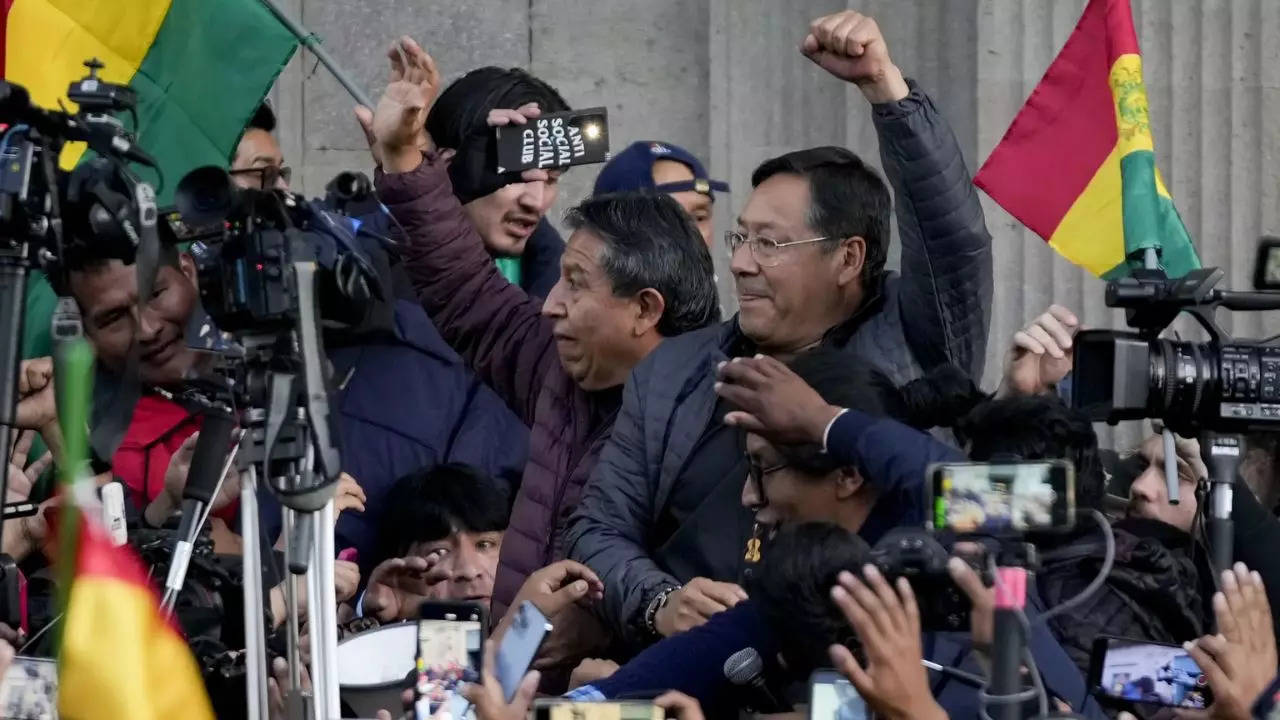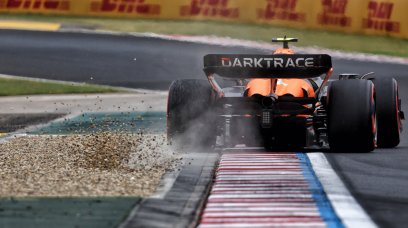Malaysia is facing a hung parliament for the first time in its history as the support of a conservative Islamic alliance prevented the grand coalition from winning a simple majority in a general election.
With no clear winner, political uncertainty could persist as Malaysia faces slowing economic growth and rising inflation. In the same number of years, it had three prime ministers.
The failure of the main parties to win a majority means that a combination of them must form a majority alliance to form a government. Malaysia’s constitutional monarch may also be involved, as he has the right to appoint as prime minister a lawmaker he believes can command a majority.
Longtime opposition leader Anwar Ibrahim’s coalition won the largest number of seats in Saturday’s general election, election commission results showed.
The biggest surprise was former Prime Minister Muhyiddin Yassin, who led his Perikatan National Bloc to a strong showing, winning support from traditional bastions of the incumbent government.
Muhyiddin’s alliance includes a conservative, Malay-oriented party and an Islamist party that promoted Sharia, or Islamic law. Race and religion are divisive in Malaysia, where the Muslim ethnic Malay population is the majority and the ethnic Chinese and Indians are minorities.
Both Anwar and Muhyiddin have announced their support to form a government, although they have not revealed which parties they have formed an alliance with.
Muhyiddin said he hoped to finish the discussion by Sunday afternoon. His alliance is a junior partner in incumbent Prime Minister Ismail Sabri Yacob’s ruling coalition and could work with them again.
Anwar said he would send a letter to Malaysia’s King Al-Sultan Abdullah detailing his support.
If Anwar gets the top job, it will complete a remarkable journey for a politician who has gone from heir apparent to prime minister, from a prisoner convicted of Saddam to the country’s leading opposition figure in 25 years.
Election numbers
Malaysia has 222 seats in parliament, but only 220 went to the polls on Saturday.
The Election Commission said Anwar’s multi-ethnic Pakatan Harapan coalition won a total of 82 seats, while Muhyiddin’s Perikatan National Alliance won 73 seats. Ismail Barrison’s coalition won 30. As of 21:00 GMT, one seat had not been declared.
“The main takeaway from this election is that Perikatan has successfully destroyed the two-party system,” said Adib Zalkapli, director of political consultancy Bower Group Asia.
Barisan and Pakatan have long been the main blocs in Malaysia.
Barisan said it accepted the people’s decision but did not admit defeat. The statement of the coalition says that it remains committed to the formation of a stable government.
Veteran leader Mahathir Mohamad, meanwhile, suffered his first election defeat in 53 years in a blow that could spell the end of a seven-decade political career, losing his seat to Muhyiddin’s alliance.
A record number of Malaysians voted on Saturday, hoping to stem a wave of political uncertainty that has led to three prime ministers amid uncertain economic times and the COVID-19 pandemic.
The political landscape has been shaky since Barisan lost the 2018 election after ruling the country for 60 years after independence.
Anwar was released from prison in 2018 after teaming up with old foe Mahathir and Muhyiddin to defeat Barisan for the first time in Malaysian history amid public anger at the government over the multibillion-dollar 1MDB scandal.
That coalition collapsed after 22 months in power amid infighting over Mahathir’s promise to hand over the premiership to Anwar. Muhyiddin briefly became prime minister, but his administration collapsed last year, paving the way for Barisan to return to power with Ismail at the helm.







